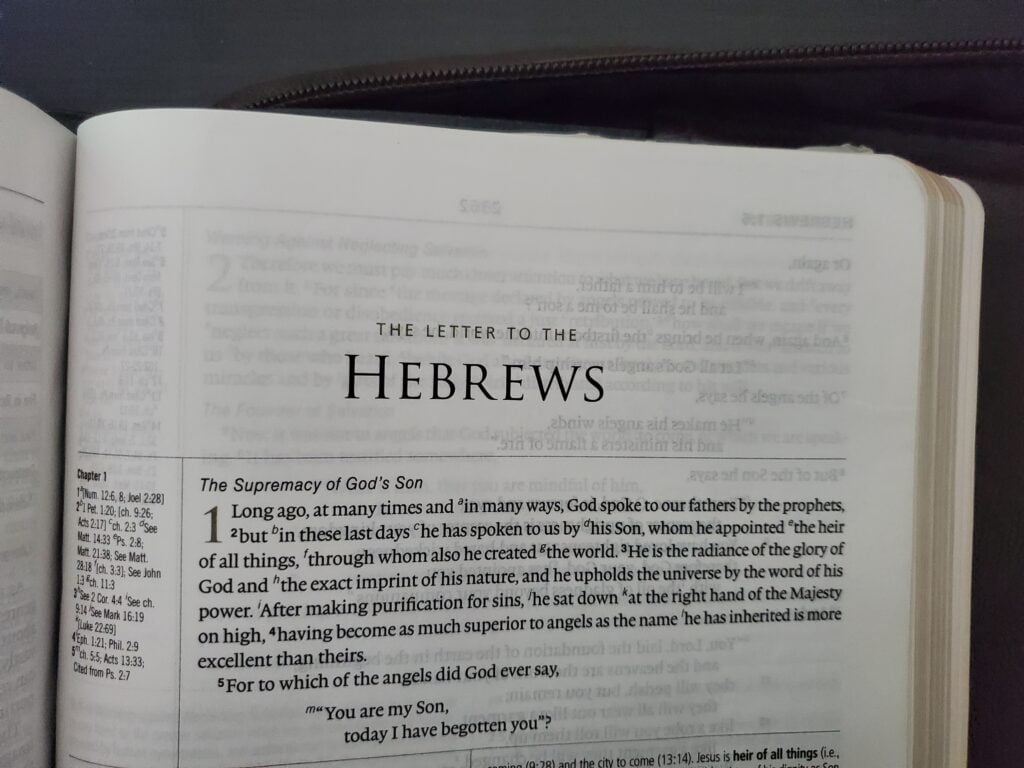⏱️ Estimated Reading Time: 3 min read
Hebrews 4:1, “Therefore, while the promise of entering his rest still stands, let us fear lest any of you should seem to have failed to reach it.”
Today we return to the book of Hebrews. Previously, the author of Hebrews warned his readers that they were in the same position as the first generation of Israelites who left Egypt. Chapter 4 continues this analogy and applies it to God’s promise of rest.
Hebrews 4:1 tells us that “the promise of entering his rest still stands.” In saying this, the author extends the promise of God’s rest far beyond the entry of Israel into the rest of Canaan. The possession of the land of Canaan did fulfill the promise of God’s rest, but only as a type of the rest to come. The ultimate fulfillment of this promise is found in the entry into a heavenly country (11:16) and a heavenly Jerusalem (12:22). We find the fulfillment in an eternal consummation effected through the mediation of the incarnate Son. The entry into the land of Canaan was not the full realization of the promise but only a type of the eternal rest promised to God’s people. Christ accomplished the work necessary to bring this eternal rest, and He is now gradually applying it to His people as we head toward our glorification. The incomplete and typological nature of the rest Israel had in Canaan is one reason why the author will speak of the temporary nature of the old covenant priesthood and its fulfillment later on in Christ. The old covenant priesthood was necessary for the temporary and partial rest of Canaan. The priesthood of Christ is far more necessary as we enter into the full and final rest of the new heavens and earth.
The author also instructs His audience to fear lest anyone fail to reach this rest. John Calvin points out the pastoral concern of the author in this verse. The author warns his flock lest any of them fail to reach the promised rest. He does not rejoice that some in his audience are unfaithful but warns us so that we do not fall away.
Finally, the author discusses the concept of fear. John Owen writes that this fear is an awareness of God’s greatness, holiness, and severity against sin. In addition, he says that it involves use of the means of grace to ensure entry into God’s eternal Promised Land. Like the Israelites, we must remember God’s holiness and severity lest we fall away into sin. And like the Israelites, we must make use of the means of grace such as Bible study, prayer, preaching, and the sacraments, so that we persevere in faith and enter God’s promised rest.
Coram Deo
Christ has accomplished salvation for all of His people. However, we have not yet been glorified; our salvation has not been applied to us completely. The promise of God’s eternal rest still stands, and we have yet to enter it. Make diligent use of study, prayer, preaching, fellowship, evangelism, and the sacraments so that your faith perseveres.
Holy Fear, Copyright (2020), Ligonier Ministries.



